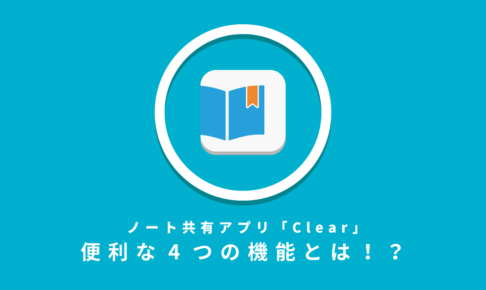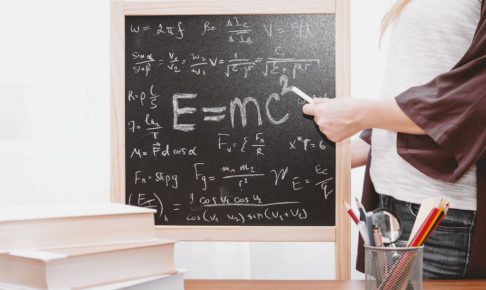✨ ベストアンサー ✨
文法知識+長文読解力の両方が必要です。
空欄の前後だけ読めても全く意味がないので,文の「流れ」を意識しながら,(一言一句正確にとは言いませんが)左から右へある程度「理解しながら」読んでいき,文法的判断と文脈判断の両方から選択肢を絞り込みます。
たとえば,第1段落を左から右へ読んでいくと,だいたい,「言語の起こりに興味はあるが,それを知る術はない→しかし,(起こりは知らずとも)言語について知っていることはたくさんある→今日(こんにち)の言語と( 16 )時代の言語について」といった流れであることが分かります。
この時点で,「(言語の)起こり・始まり」といった話をしているので,( 16 )には「古い(時代)」とか「早い(時代)」とか,要は昔/過去を指すような表現が入るというメドが立ちます。
また,このタイミングで( 16 )の選択肢を文法的な視点から見て,2. quickerと3. beforeは空欄直後の「time」を修飾できる語ではないので除外できます。
1.か4.であれば,上述のとおり「昔」に言及できる4. earlierのほうが相応しいはずです。
(この時点では,「多分4.」という「仮決定」に留めておきます。)
実際,空欄より後を読んでみても,about 1,000 years agoなど過去の話をしていますので,最終的に「仮決定」から「決定」に格上げして答えを出します。
ちなみにquickは「(時間的な)早さ」ではなく「(動作の)速さ」をいう語ですし,beforeは前置詞または接続詞なのでtimeの修飾語にはなりえません。
こうした文法知識と,文の「流れ」両方の理解があってはじめて,正解にたどり着けると思います。





















わざわざ長文をありがとうございます!!
今まで空欄の前後しか読んでなくて雰囲気で回答してたので本当に助かりました。
ありがとうございました🙇♀️